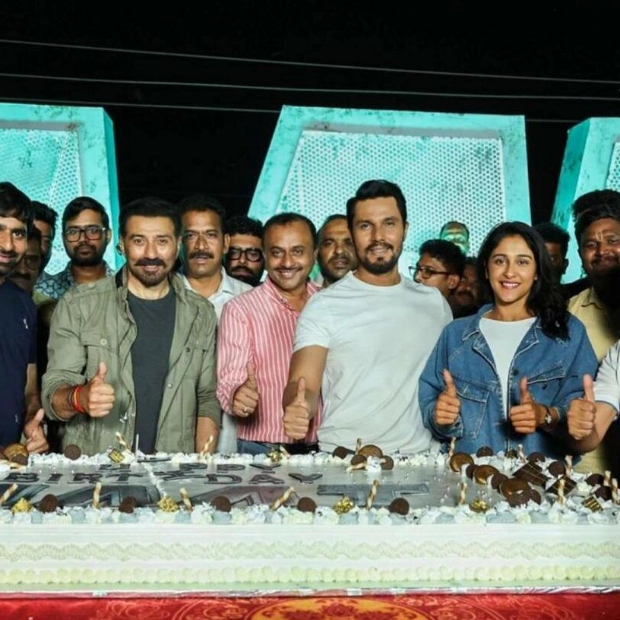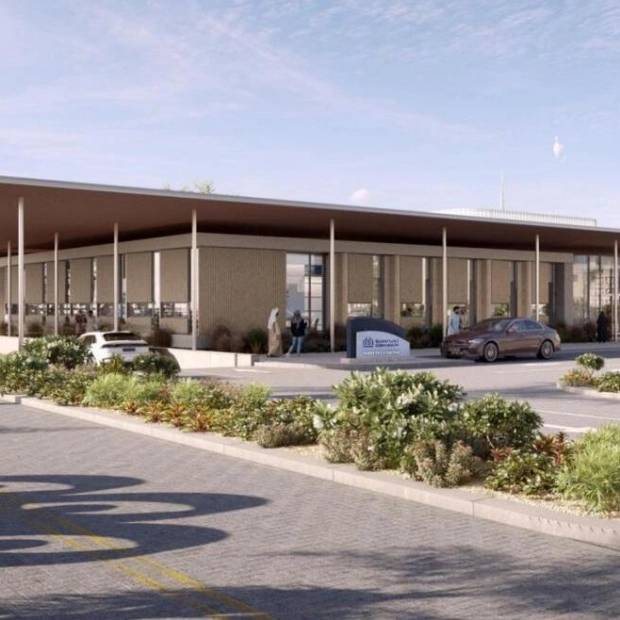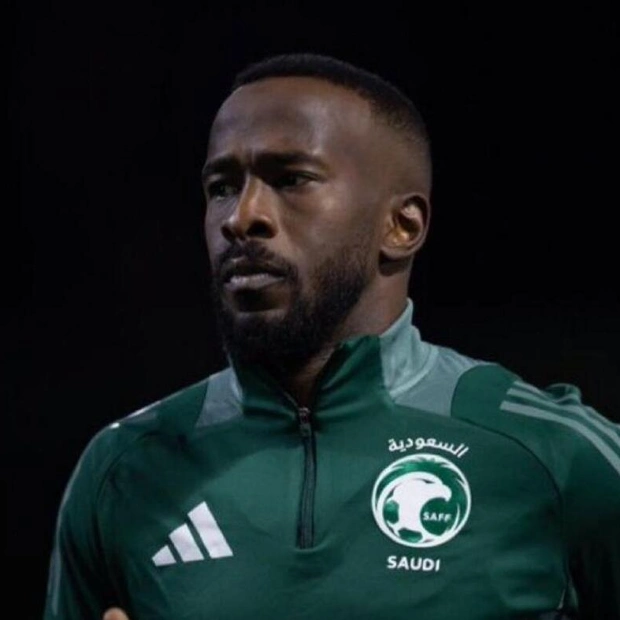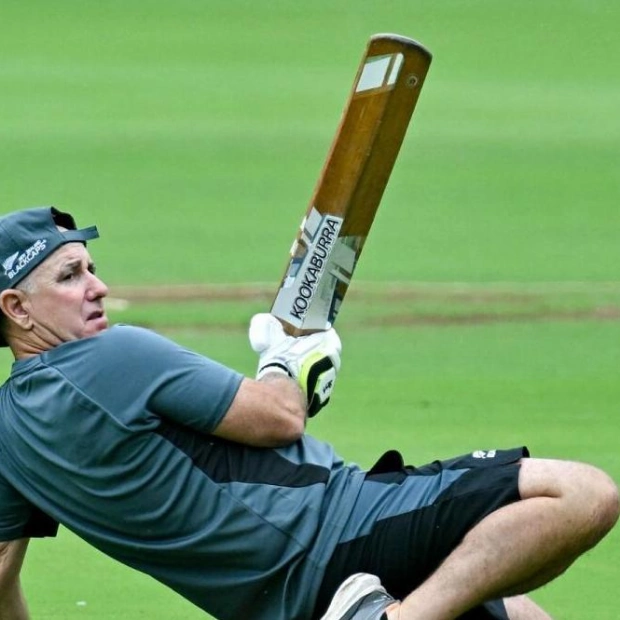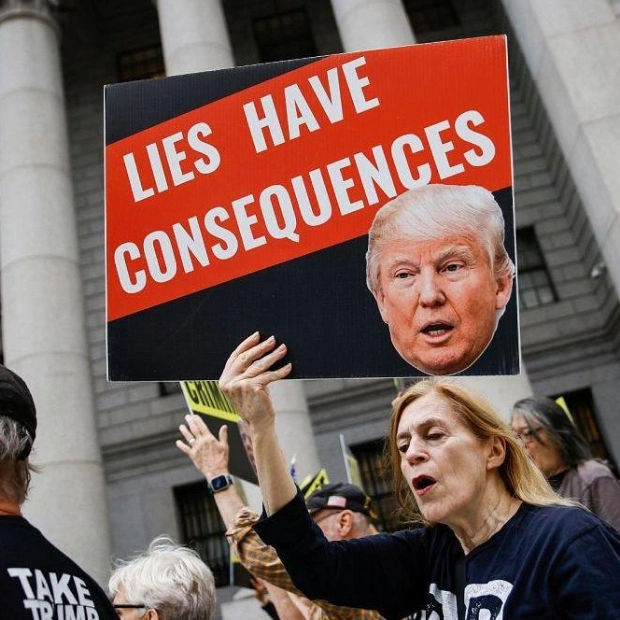On Wednesday, demonstrators in West Bengal, eastern India, obstructed railway lines, halted buses, and voiced their chants in the most recent wave of unrest that has shaken the state following the brutal rape and murder of a medical intern. Authorities responded with tear gas and water cannons to disperse protesters advancing towards the state's administrative center on Tuesday. This led to Prime Minister Narendra Modi's Bharatiya Janata Party (BJP), which is currently in opposition in West Bengal, to declare a 12-hour statewide strike on Wednesday, protesting against what they described as police brutality. Thousands of protesters, predominantly BJP members, barricaded roads and railway tracks and compelled businesses to close on Wednesday, as officials prepared for further demonstrations throughout the day. A senior police officer reported that 5,000 police officers were stationed to suppress any potential violence across West Bengal. The protesters on Tuesday, including numerous university students, called for the resignation of West Bengal Chief Minister Mamata Banerjee, a fierce critic of Modi, due to her management of the August 9 rape and murder of a 31-year-old doctor at a government hospital in Kolkata, the state capital. The assault on the 31-year-old doctor has sparked nationwide indignation, reminiscent of the widespread protests following the 2012 gang rape of a 23-year-old student on a bus in New Delhi, with activists asserting that women still face significant levels of sexual violence despite more stringent laws. A police auxiliary has been apprehended for the crime, and the federal police have assumed the investigation.
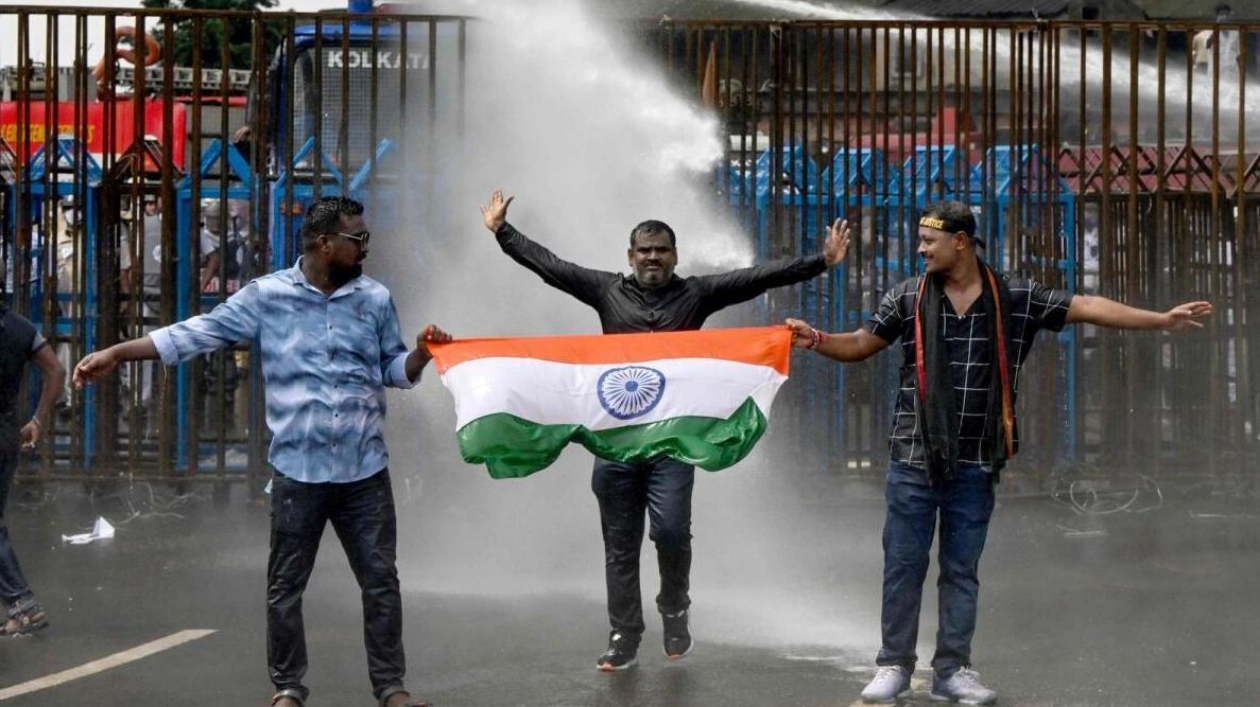
Text: Lara Palmer
28.08.2024
BJP Calls for Statewide Strike Amid Police Brutality Allegations in West Bengal
